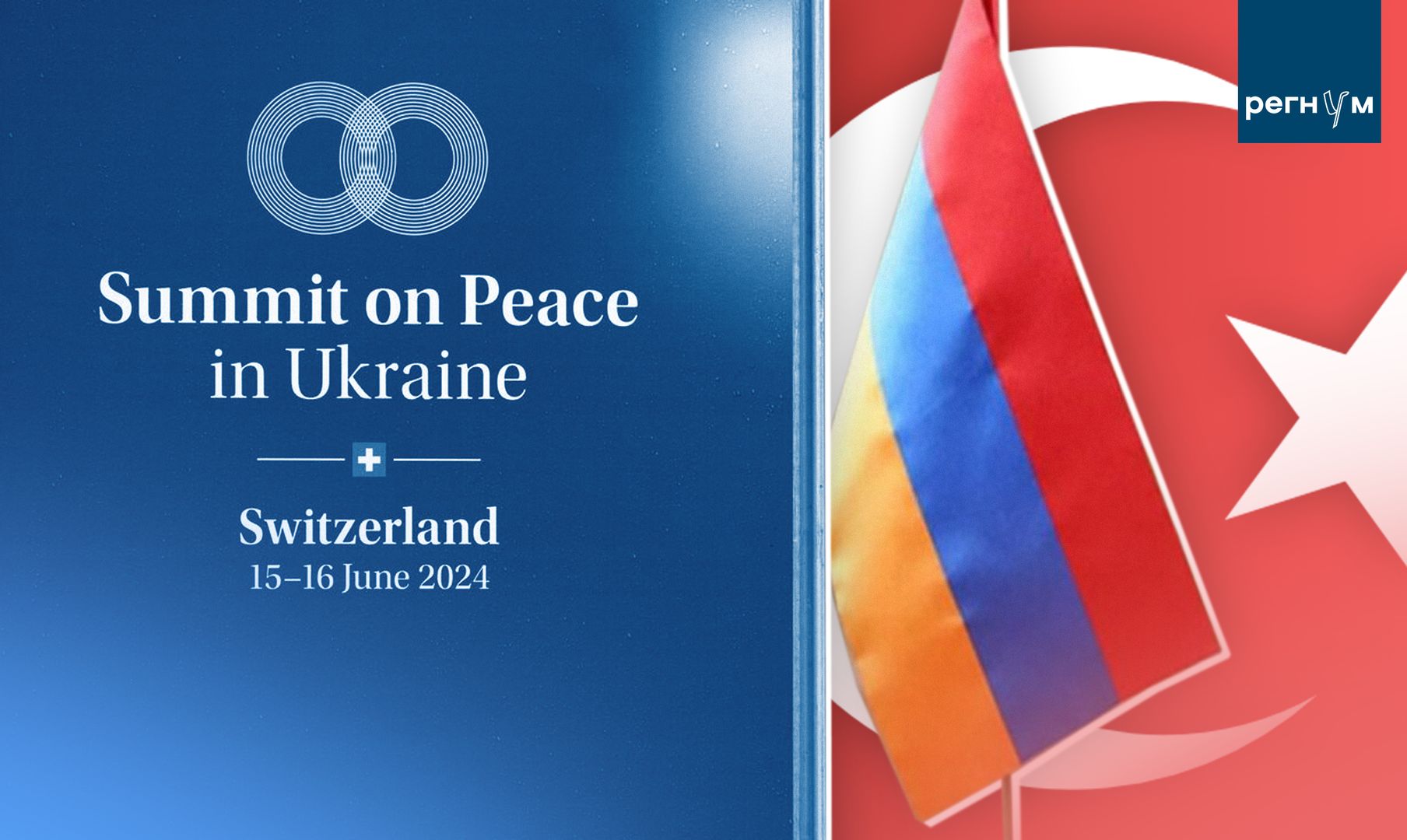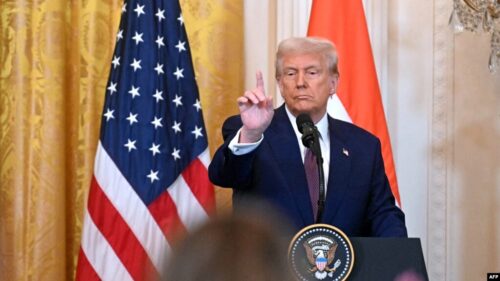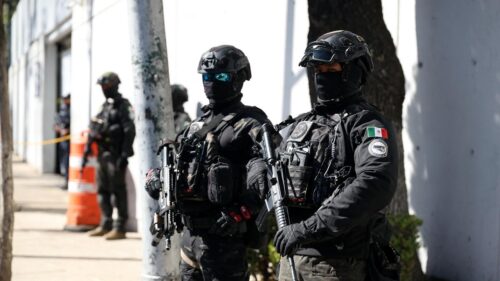
Pashinyan is afraid of the final severing of relations with Moscow: Surprises of peace conference
For several months now, Ukraine and the collective West have been calling the Swiss “peace conference” an important diplomatic event in the Ukrainian conflict settlement process, Regnum wrote.
Overall, everything turned out exactly as expected. Nevertheless, there were a few surprises, one of which came from Armenia. As mentioned, no one was surprised that Armenian Prime Minister Nikol Pashinyan sent a delegation to the summit. In recent years, Pashinyan has been systematically carrying out a policy to destroy the Russian-Armenian union. It is also no surprise that the Armenian delegation was headed not by the country’s foreign minister but by Armen Grigoryan, the secretary of the Security Council. He is considered one of the most anti-Russian representatives of the current government of Armenia. Backed by Western educational and human rights foundations, Grigoryan, since assuming the position of secretary of the Security Council in 2018, has been consistently “cleansing” the country’s security forces of pro-Russian generals. However, it came as a surprise that Armenia refused to sign the final declaration of the summit, and Grigoryan, in turn, refused to give a speech at the second plenary session of the summit. There are several versions that could explain this. The first one is that Pashinyan has decided not to go too far. “Pashinyan may be afraid of the final severing of relations with Moscow, that is, not only the termination of cooperation within the framework of the CSTO, but also the withdrawal from the EAEU and the cutting of economic ties. Such a development of events will mean a serious blow to the national economy, so Yerevan may be cautious,” Nikita Mendkovich, the head of the Eurasian Analytical Club, told. To put it simply, Pashinyan needs an exit from Russia’s defense and political organizations, but an exit that would not damage Armenia’s economy or strengthen his internal opponents. According to another version, the West could have advised Pashinyan to refuse to sign the final declaration.


